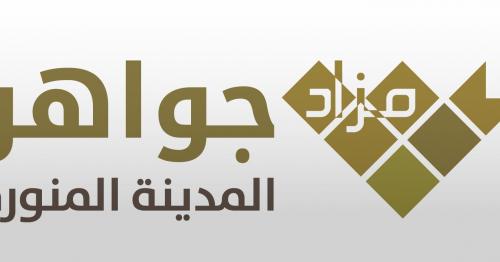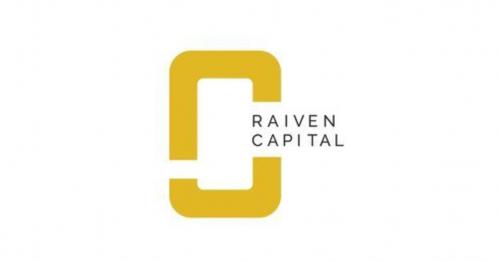Rania Nashar: Saudi Arabia’s First Female CEO Of A Commercial Bank
Historically, however, exclusion has gone well beyond the financial sector in Saudi Arabia.
Women comprise just 22% of the workforce in Saudi Arabia and still require the permission of a male relative to conduct important transactions. In a number of written decrees, King Salman bin Abdulaziz Al Saud has committed to relaxing the male guardianship system that prevents women from obtaining passports or getting married without the permission of a male relative.
It remains to be determined exactly which legal services women can attain without male oversight, however.
Nashar acknowledges female empowerment may not be happening fast enough in the Kingdom. “Change is happening, but its not at the pace that works with the ambitions of [Saudi] women,” she said.
“Currently there are a lot of wonderful females in Saudi. They are talented, well educated, hard workers. They just want the opportunity to prove themselves.”
There are, however, some indications that a real cultural shift is taking place. Just as news of Nashar’s historic appointment broke, the Saudi stock exchange, Tadawul, announced that its new chair of the board would in fact be a chairwoman—Sarah Al-Suhaimi, the CEO of NCB Capital, was selected for the post.
Within the same week, Latifa Al-Sabhan had been named as CFO of Arab National Bank, one of the Kingdom’s ten largest financial institutions.
“I think Saudi Arabia is going through a genuine reform process,” says Bessma Momani, a Professor at the University of Waterloo, of the recent appointments and legal amendments. “It’s driven by necessity—the necessity of recognizing that economically the exclusion of women is basically keeping 50% of its economic potential completely dormant.
“For decades, Saudi has been trying not only to diversify [its portfolio] but also trying to find a way to tap into its existent resources and known input goods. What it has is human capital and talent that is underutilized.”
Others, however, question whether the rise of female leaders will make a meaningful difference for women in Saudi Arabia who may lack the education, resources or network to reach similar professional heights. “This does not open doors for those at lower levels of the economic spectrum—particularly those who are more vulnerable,” says Myriam Sfeir, Assistant Director at the Institute for Women’s Studies in the Arab World at the Lebanese American University.
“However, this symbolizes a breaking of the glass ceiling, they have transformed unrealistic aspirations to an achievable reality.”
Breaking the glass ceiling, however, is only part of the battle. As a pioneer in the industry, Nashar will be the object of intense and gendered scrutiny, says Nadereh Chamlou, a former Senior Advisor at the World Bank.
“If she takes a ‘Go getter’ approach, she may be branded as too aggressive. If her approach is, to use to use a cliché term, ‘ladylike’ she can be seen as being too soft. The range of behaviors comportment by men is so much wider than for women executives,” Chamlou explained.

Samba financial group’s headquarters.
...[ Continue to next page ] / Source: forbesmiddleeast






Comments